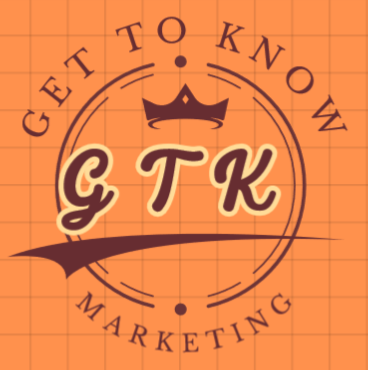In today’s fast-paced business environment, effective project management is crucial to success. The integration of Artificial Intelligence (AI) into project management tools is revolutionizing the way teams plan, execute, and monitor projects. This blog post highlights the leading companies driving this transformation and provides examples of how their AI-powered solutions are enhancing project management.
1. Asana: Streamlining Workflows with AI-Powered Automation
Asana is renowned for its user-friendly project management platform, which helps teams organize tasks, set deadlines, and track progress. Recently, Asana has introduced AI capabilities to further streamline workflows.
- Example: Asana’s AI-powered task automation can identify repetitive tasks within a project and suggest automation rules. For instance, if a team regularly assigns tasks to specific members based on project phases, Asana’s AI can automatically assign tasks as soon as they are created, reducing manual workload and ensuring consistency.
2. Trello (by Atlassian): Automating Workflows with Butler
Trello, a popular tool for visual task management, integrates AI through its automation feature, Butler. Butler helps teams automate various aspects of their Trello boards, from creating rules to scheduling tasks.
- Example: A marketing team using Trello can utilize Butler to automatically move tasks through different stages of a campaign as deadlines approach or when certain criteria are met, such as the completion of a previous task. This reduces the need for manual updates and keeps the team on track.
3. monday.com: Optimizing Resources with AI Insights
monday.com is known for its customizable workflows and collaborative project management. The platform leverages AI to provide predictive insights into project timelines and resource allocation.
- Example: If a product development team is working on a new feature, monday.com’s AI can predict potential delays based on past project data and resource availability. The platform then suggests adjustments, such as reallocating team members or extending deadlines, to ensure project success.
4. ClickUp: Enhancing Efficiency with Task Predictions
ClickUp is a comprehensive project management tool that incorporates AI to improve task management and workflow optimization. Its AI features help teams prioritize tasks and stay on schedule.
- Example: When managing a large software development project, ClickUp’s AI can analyze task dependencies and predict the order in which tasks should be completed to minimize delays. It can also automatically remind team members of approaching deadlines, helping to keep the project on track.
5. Smartsheet: Predictive Analytics for Risk Management
Smartsheet is a versatile platform that uses AI to assist with project tracking, resource management, and risk assessment. Its AI-driven features help project managers identify and mitigate risks early on.
- Example: In a construction project, Smartsheet’s AI can analyze historical project data to predict potential risks, such as budget overruns or delays due to resource shortages. The platform then provides actionable insights to adjust project plans and avoid these issues.
6. Wrike: Boosting Collaboration with Smart Automation
Wrike offers a robust project management solution that includes AI for smart automation and task prioritization. Its AI capabilities are designed to enhance collaboration and efficiency within teams.
- Example: For a global team working on a product launch, Wrike’s AI can automatically assign tasks based on team members’ expertise and availability. It also prioritizes tasks that are most critical to the project’s success, ensuring that the team focuses on what matters most.
7. Jira (by Atlassian): Optimizing Agile Project Management
Jira is a widely-used tool for agile project management, particularly in software development. The platform integrates AI to automate routine tasks and optimize sprint planning.
- Example: During a software development sprint, Jira’s AI can predict the likelihood of completing tasks based on the team’s past performance and current workload. It then provides recommendations for adjusting the sprint plan to maximize productivity and meet deadlines.
Conclusion
AI is transforming project management by making it more efficient, predictive, and adaptable. Companies like Asana, Trello, monday.com, ClickUp, Smartsheet, Wrike, and Jira are leading the way with AI-driven solutions that help teams streamline workflows, optimize resources, and achieve project success. As AI continues to evolve, we can expect even more innovative features that will further enhance the capabilities of project management tools, enabling teams to tackle increasingly complex challenges with confidence.
